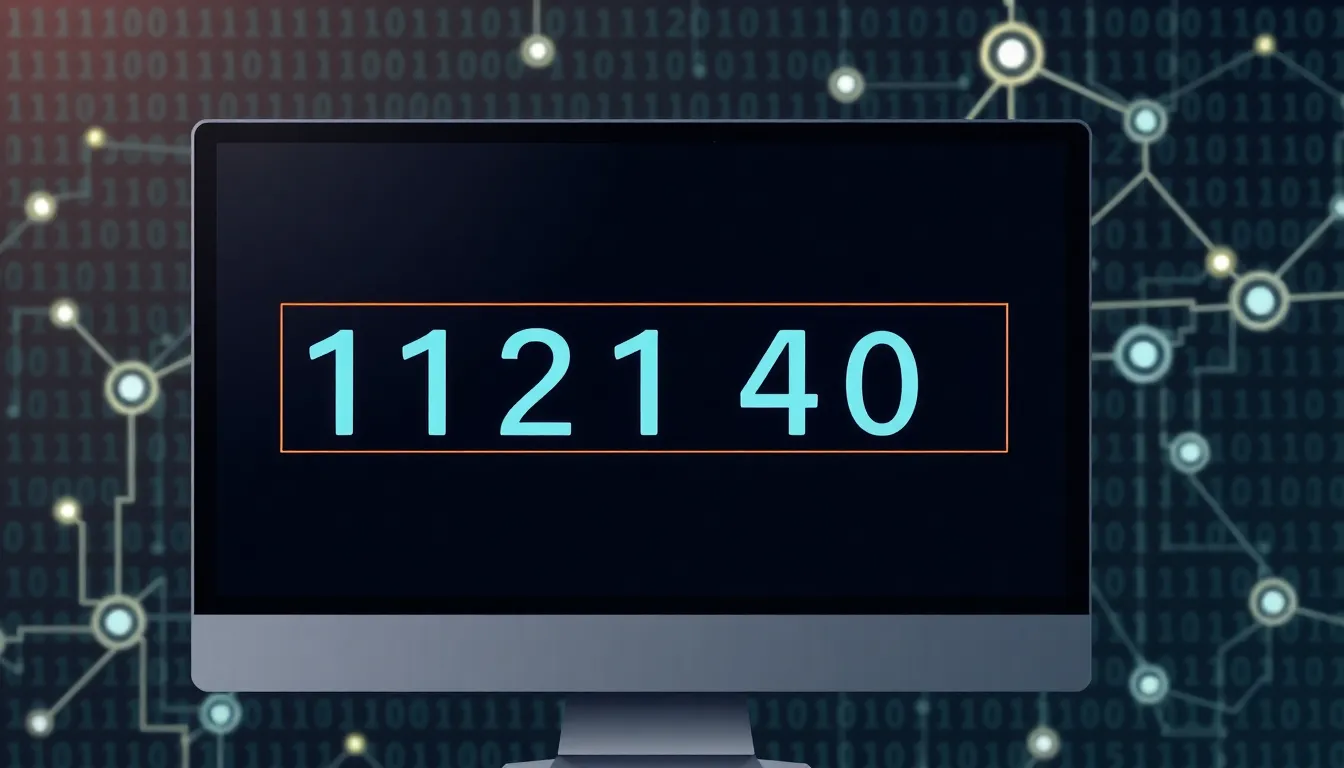In the vast ocean of IP addresses, some stand out more than others. Take 185.6e.253.200, for instance. It’s not just a random string of numbers; it’s a gateway to a world of online adventures, mysteries, and maybe a few cat videos. But what’s behind this seemingly ordinary address?
Table of Contents
ToggleOverview of 185.6e.253.200
185.6e.253.200 represents a unique IP address with specific functions in digital interactions. Finding its purpose reveals how it connects users to various online services.
Definition and Importance
185.6e.253.200 serves as a digital identifier for devices on the internet. An IP address like this one facilitates communication between networked devices. It plays a crucial role in routing information, enabling seamless data transfers. Understanding its structure enhances comprehension of internet protocols. This address also represents the growing complexity of digital networks, highlighting the importance of unique identifiers in managing online environments.
Potential Use Cases
Numerous applications utilize the IP address 185.6e.253.200. Cybersecurity professionals monitor such addresses to detect potential threats and attacks. Businesses often track IP activity to analyze customer behavior on websites. Content delivery networks (CDNs) leverage IP addresses to optimize content distribution based on geographic locations. Additionally, researchers use IP addresses to study internet traffic patterns and trends, offering insights into user interactions in the digital landscape.
Technical Specifications

The IP address 185.6e.253.200 features a specific format that warrants attention. Typically, an IPv4 address consists of four octets, each ranging from 0 to 255. This structure ensures clear identification within digital networks. Parsing the address reveals that the “185” indicates the first octet, while “6e” presents an unusual representation. The latter should be numeric, as hexadecimal representations aren’t standard for IPv4.
The validity of 185.6e.253.200 raises questions. An IP address must adhere to specific numeric criteria across all octets. The use of “e” creates ambiguity since it does not conform to the expected range. As a result, this address appears invalid for standard use. Regular validation checks can confirm the legitimacy of IP addresses, ensuring they meet the requirements for effective network communication.
Common Issues and Troubleshooting
Various challenges can arise when dealing with the IP address 185.6e.253.200. Identifying and addressing these issues ensures smooth online experiences.
Connectivity Problems
Connectivity problems may occur if the IP address is misconfigured or invalid. Users might experience slow loading times or complete inability to access websites. Network devices could fail to recognize the address, leading to disruptions in service. Checking network configurations can help identify any potential issues. Verifying the device settings ensures that the IP address is correctly entered and follows standard numeric criteria. Testing different network devices may reveal whether the problem lies with a particular device or the broader network setup.
Misconfigurations
Misconfigurations present another common hurdle. Incorrect subnet masks or gateway settings might hinder effective communication. Users may face challenges when trying to connect when these settings are not aligned. Ensuring compatibility with network requirements becomes essential. Inspecting router configurations can help uncover underlying issues. Making adjustments to the network protocols guarantees proper routing and enhances functionality. Ultimately, reviewing and correcting these settings leads to improved network performance.
Security Implications
The implications of using the IP address 185.6e.253.200 highlight crucial security concerns. An invalid IP address like this raises potential risks for both users and systems.
Risks Associated with Invalid IPs
Risks include exposure to various cyber threats. Malicious actors often exploit invalid or improperly configured IP addresses to launch attacks. Consequently, users may experience unauthorized access to their networks. An invalid IP can also lead to data leaks or unintentional data exposure, resulting in compromised personal or corporate information. Cybersecurity professionals must remain vigilant when monitoring such IP addresses to detect suspicious activities promptly. Confusion surrounding an invalid IP can mislead users and create significant vulnerabilities in network security.
Best Practices for IP Security
Implementing best practices is essential for maintaining IP security. Regularly validating IP addresses ensures their legitimacy and reduces vulnerability exposure. Users should employ strong firewalls to filter incoming and outgoing traffic. Monitoring network activity helps identify any unusual behavior linked to specific IPs. Utilizing encryption protocols secures data transmissions, protecting sensitive information from interception. Educating users about phishing attempts related to IP exposure enhances overall security awareness. Conducting routine audits of network configurations further fortifies defenses, ensuring optimal protection against potential threats.
The exploration of 185.6e.253.200 reveals a complex interplay of technology and security. While this IP address may seem trivial at first glance it highlights the importance of unique identifiers in digital communication. Understanding its implications can help users navigate potential risks associated with invalid addresses.
By recognizing the significance of proper IP management and the potential threats posed by misconfigurations individuals and organizations can enhance their cybersecurity posture. Regular validation and monitoring practices are essential in today’s interconnected world. Staying informed and vigilant will not only protect sensitive information but also ensure a smoother online experience.




